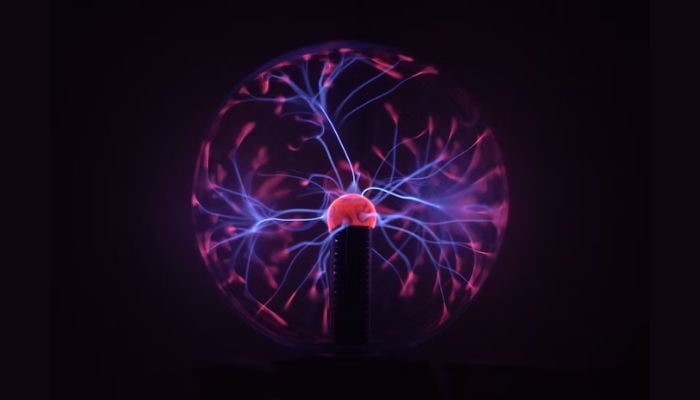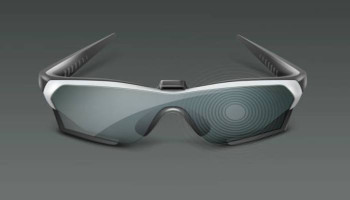
A groundbreaking study conducted by researchers from the University of California, Los Angeles, and Tel Aviv University has unveiled an innovative technique for enhancing memory in individuals with severe epilepsy. Driven by the promising results, experts believe that this novel approach may have implications for treating a range of other cognitive issues.
Led by Dr Itzhak Fried, a renowned neurosurgery professor at the University of California, the method involves applying targeted electric stimulation to two distinct regions of the brain. The objective is to synchronise activity in the hippocampus and the prefrontal cortex, thereby bolstering memory consolidation.
To evaluate and modulate brain rhythms, the patients had electrodes implanted in their brains. This study builds upon decades of animal research, highlighting the significance of rhythmic patterns and synchrony in memory formation. Electric stimulation was administered during non-REM sleep, a crucial period when the brain actively strengthens newly formed memories by establishing fresh synapses.
During the experiment, the patients participated in a memory test involving "celebrity pet" associations. Before sleep, they were presented with a series of images matching celebrities with specific animals. The following morning, they were tasked with recalling which animal corresponded to each celebrity. The firing patterns of neurons during sleep exhibit rhythmic activity, and when two brain regions synchronise their firing, effective communication is believed to occur.
Notably, the hippocampus and the prefrontal cortex can synchronise during non-REM sleep stages, facilitating the transformation of daily experiences into memories that endure for weeks, years, or potentially a lifetime.
The researchers monitored activity in one area of the brain (the hippocampus) while stimulating another area (the prefrontal cortex). Patients who received brain stimulation demonstrated improved synchronisation between the two regions. Upon awakening, they exhibited enhanced performance in the celebrity pet test, with improvements ranging from 10% to 20% and, in some cases, even reaching 80%.
The study provides evidence that electric stimulation has the potential to restore and optimise mnemonic functions in individuals with severe brain impairments. However, it is important to note that external electric stimulation would likely yield no benefits for normally functioning brains. Moreover, the concept of improved synchronisation could have implications beyond epilepsy and memory formation. Brain rhythms are known to influence other fundamental brain functions, including mood and emotion regulation, suggesting broader applications for this innovative approach.
















